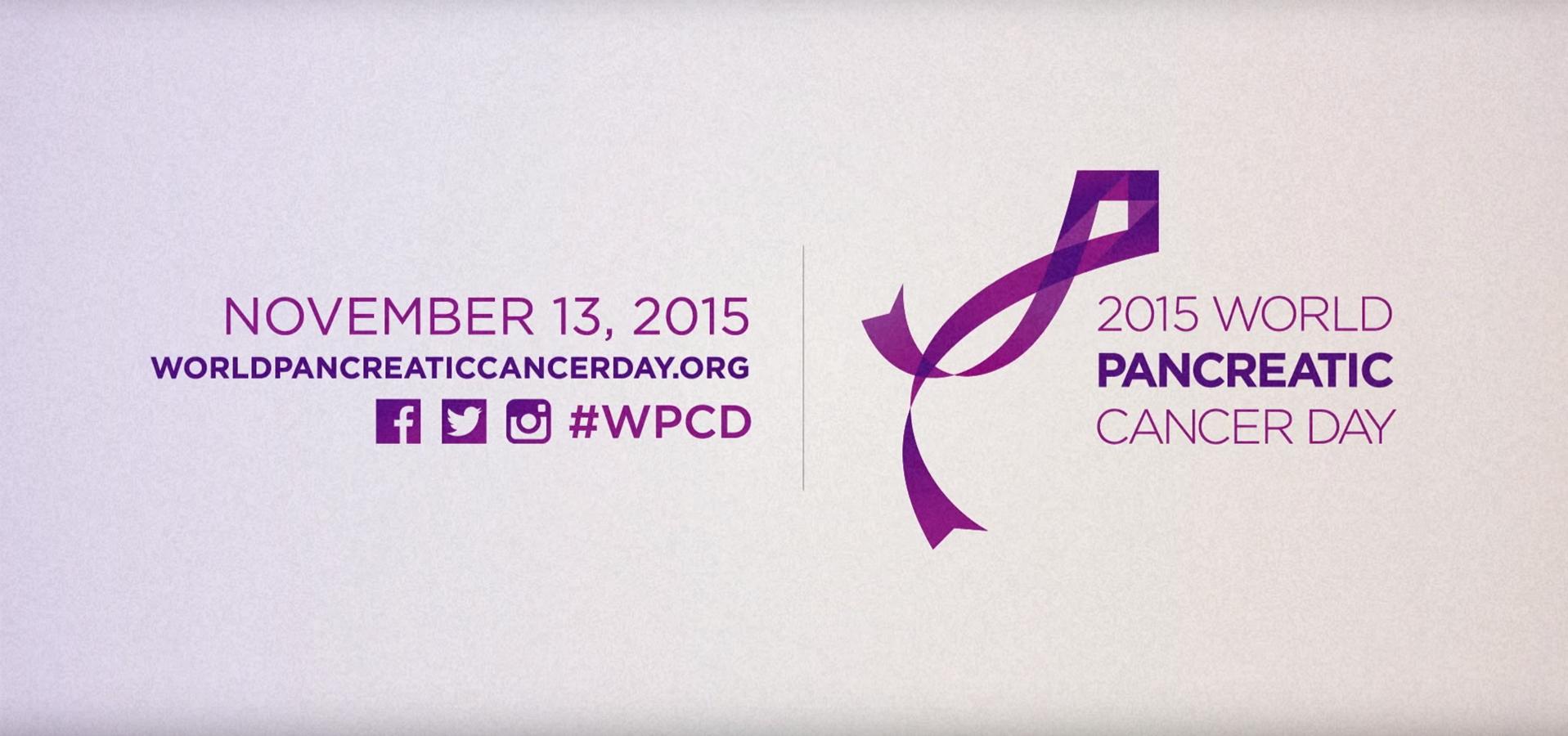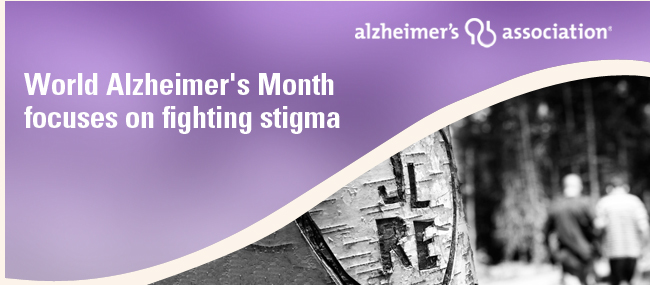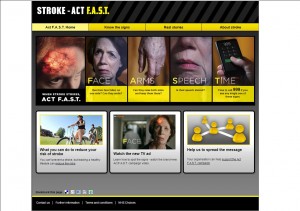Many people in York is supporting World Pancreatic Cancer Day on Friday 13th November which aims to raise awareness of pancreatic cancer – considered to be the little known disease – with the public.
It is estimated that 926 people around the world are diagnosed with pancreatic cancer every day, with 905 people will die from the disease every day across the world.
The number of diagnoses has continued to rise but there is still very low awareness of pancreatic cancer with over 60% of people surveyed recently knowing almost nothing about the disease.
World Pancreatic Cancer Day’s hopes to bring much-needed focus and attention to the disease, especially the need for increased symptom awareness and greater investment into research. World Pancreatic Cancer Day encourages everyone to “see purple” on 13 November by wearing purple, lighting landmarks purple, using purple on social media channels etc.
City of York Council’s Executive Member for Adult Social Care and Health Councillor Carol Runciman said: “Raising awareness is the first step to action. The more people who know about pancreatic cancer, the greater the opportunity and need will be for more research and for the development of better resources for those facing the disease.”
Pancreatic cancer is considered to be one of the deadliest cancers, with just two to 10% of those diagnosed surviving five years. In the UK 71% of people cannot name a simple symptom of pancreatic cancer.
Pancreatic cancer is sometimes referred to as a “silent cancer” because the early symptoms are often quite vague.
- Classic pancreatic cancer symptoms can include:
- Painless jaundice (yellow skin/eyes, dark urine).
- Weight loss which is significant and unexplained
- Abdominal pain which is new and significant.
Other possible symptoms of pancreatic cancer:
• Pain in the upper abdomen that radiates to the back which is new, significant and persistent that is relieved by leaning forward
• Back pain
• Diabetes which is new-onset and not associated with weight gain
• Vague indigestion or abdominal discomfort
• Loss of appetite
• Nausea and vomiting
• Pain when eating
Not everyone will have all of these symptoms. For example, those who have a tumour in the body or tail of the pancreas are unlikely to have painless jaundice. All of these symptoms can have other causes, and there is not yet a reliable and easy test for pancreatic cancer.
If you have any of the symptoms of pancreatic cancer visit your GP.
For more information about World Pancreatic Cancer Day, visit www.worldpancreaticcancerday.org









